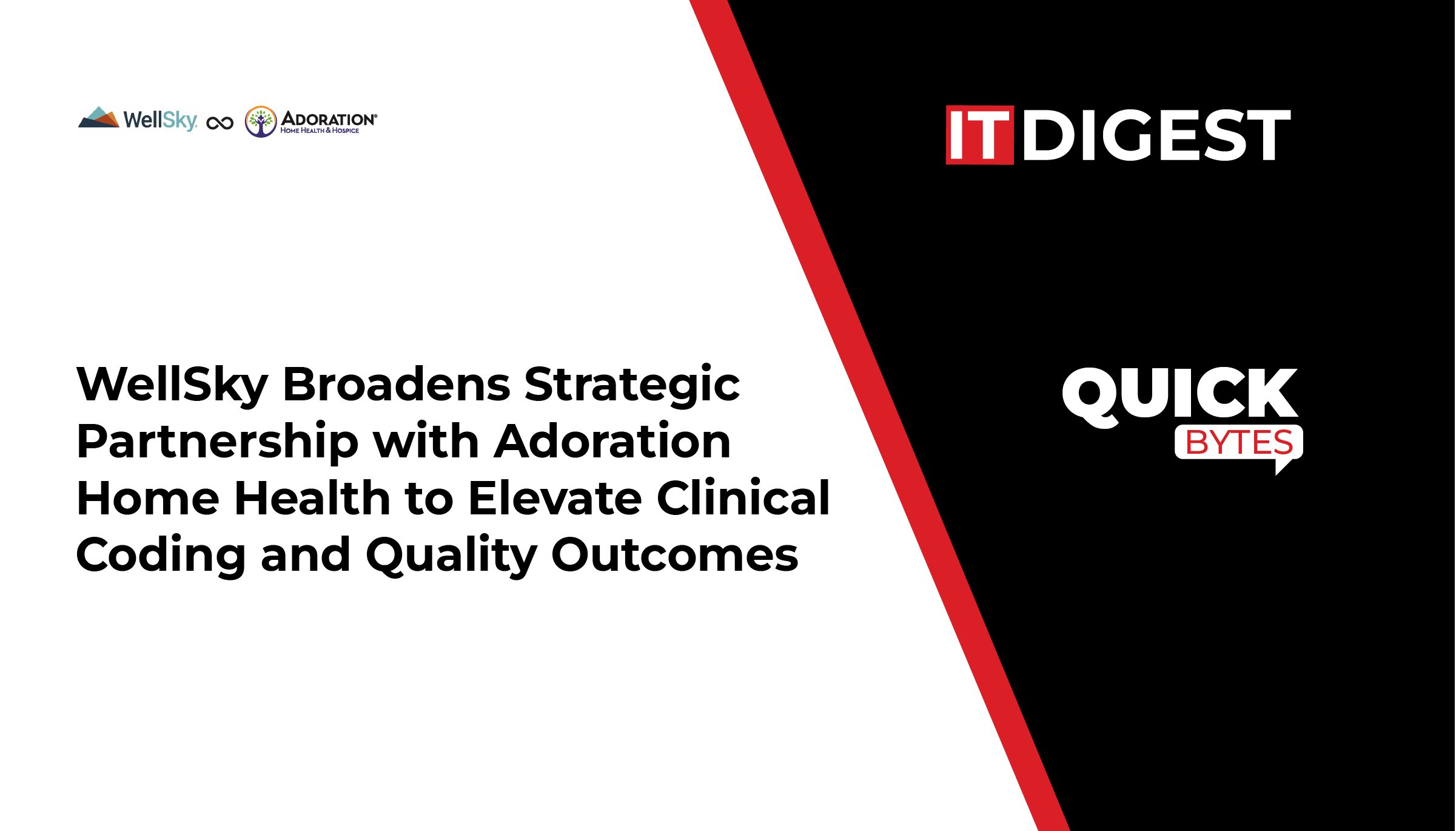The University of Florida’s Center for Coastal Solutions (CCS) is embarking on an ambitious partnership with analytics leader SAS to study the factors that influence water quality in Charlotte Harbor. Funded by the Florida Department of Environmental Protection (DEP), this project aligns with CCS’ mission to innovate cutting-edge data analytics, modeling and artificial intelligence to advance scientific discovery and provide leaders the insights they need to identify the decisions and investments that will make Charlotte Harbor an environmental restoration success story.
The project will evaluate the connections between water quality and key economic sectors in the region. As part of the yearlong project, SAS and CCS will use SAS® Viya® on Microsoft Azure to develop a web-based water analytics platform to integrate a diversity of data streams to facilitate scientific research, visualize water quality conditions over time, and gain insights on effective clean water management techniques. SAS Viya is the company’s flagship AI, machine learning, analytics and data management platform,
An interdisciplinary team of CCS researchers – hydrologists, oceanographers, ecologists, economists and computer scientists – will use the data to investigate the interdependencies among pollution, ocean circulation, coastal water quality and economics and use satellite data to develop high-resolution water quality forecasting technology.
Building on a successful water quality pilot project
In a recent collaboration, CCS and SAS developed a pilot-scale platform to bring together massive amounts of water quality data from the Charlotte Harbor estuary in near-real time with easy-to-use visualizations. This pilot project demonstrated the value of quickly integrating high-quality data to support decision making and scientific research.
Also Read: Announcing Enstoa’s ISO 27001:2013 Certification for Information Security Management
The new project will expand on the successful Charlotte Harbor pilot to include the northern reaches of the harbor and associated tributaries. By integrating additional environmental and regional economic data from the watershed, CCS and SAS will explore a wider range of drivers affecting water quality in Charlotte Harbor and Peace River Basin and estimate the economic impacts of environmental changes throughout the region.
































